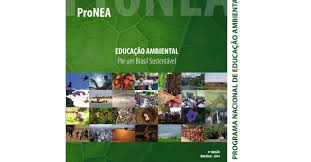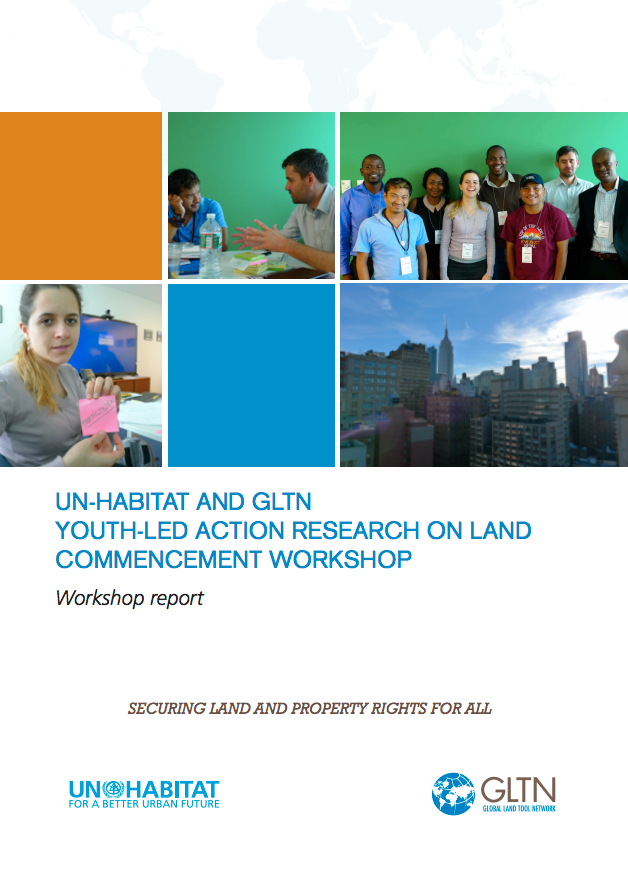Land tenure alternative conflict management
This training manual focuses on how to manage and resolve conflicts over land tenure rights, security of tenure and land access in the field of rural development. It results from complementary activities undertaken within FAO's Livelihood Support Programme (LSP) and the Land Tenure and Management Unit and with the International Land Coalition. It addresses the specific issues of land tenure identified in the volume Negotiation and Mediation Techniques for Natural Resource Management published by the LSP.





